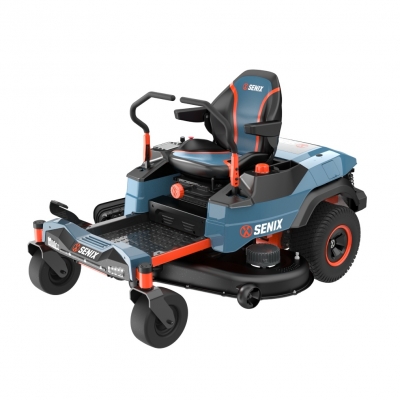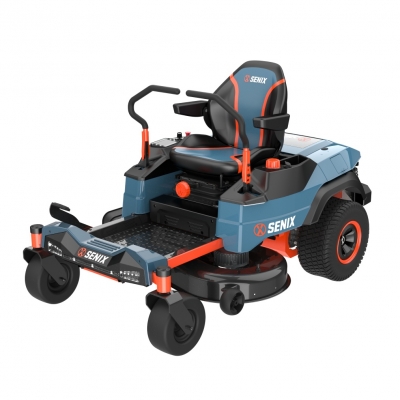How to Choose the Garden Tool for Your Yard Size
Gardening is a rewarding activity that combines creativity, patience, and the right tools. Selecting a garden power tool that fits the size of your yard can make all the difference between a tedious chore and a satisfying project. From tiny urban balconies to sprawling suburban lawns, the variety of power tools available today can be overwhelming.
Understanding how your yard's dimensions influence your equipment choice will help you work smarter, not harder.
Assessing Your Yard Size and Landscape Needs
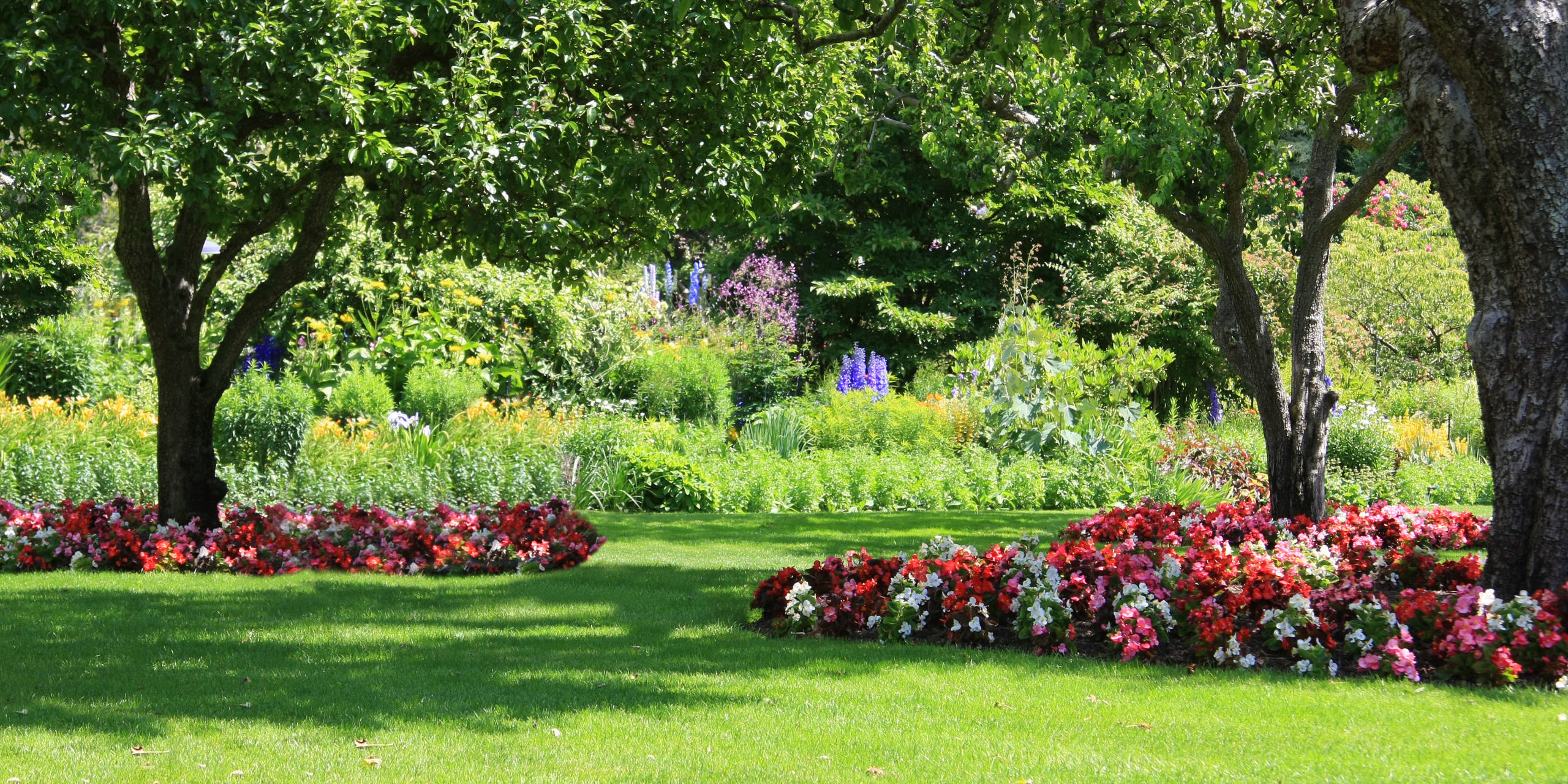
Before diving into purchases, an honest assessment of your yard is essential. Small yards, typically under 1,000 square feet, require lightweight, compact tools designed for maneuverability. Medium-sized yards—ranging from 1,000 to 5,000 square feet—demand more versatile and slightly more powerful equipment. Large properties exceeding 5,000 square feet often benefit from heavy-duty, high-capacity machines built for efficiency over long periods.
Beyond size, consider the terrain and landscaping complexity. Flat, open lawns are easier to maintain with standard tools, while yards with slopes, thick vegetation, or dense shrubbery might require specialized power equipment.
For Small Yards
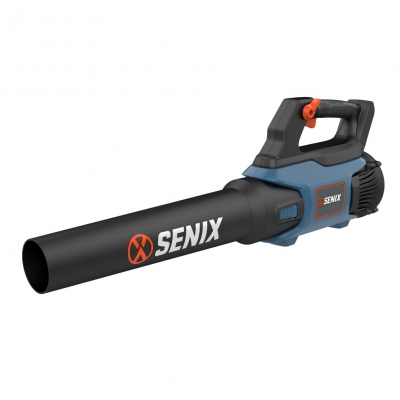
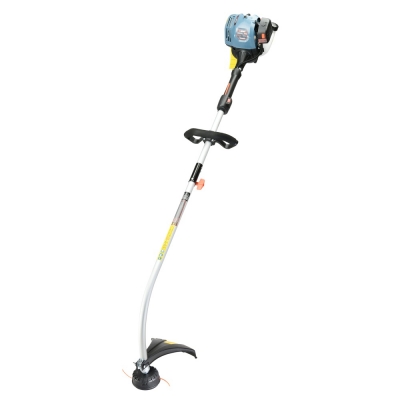
Compact yards call for tools that won't take up much storage space or require excessive effort. Cordless electric trimmers and battery-powered leaf blowers are excellent choices for small spaces, offering ease of use without noise or fumes. Handheld hedge trimmers also fit well for pruning shrubs and small bushes. These tools offer precision and control without overwhelming power that's unnecessary for smaller areas.
For Medium-Sized Yards
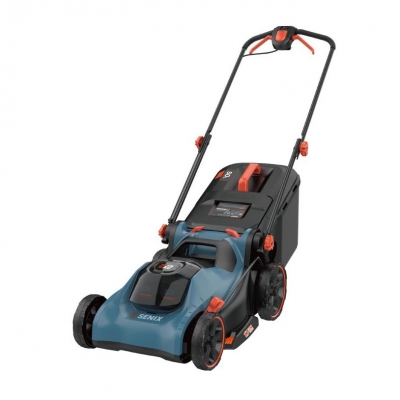
Yards that fall into the medium range need tools that balance power and portability. Corded electric lawn mowers or mid-range battery mowers work efficiently for trimming grass over moderate areas. For trimming edges and small bushes, string trimmers with adjustable shafts provide flexibility. Gas-powered blowers and mulchers become handy in this yard size, especially if the landscaping includes many trees producing debris.
Power Tools for Large Yards
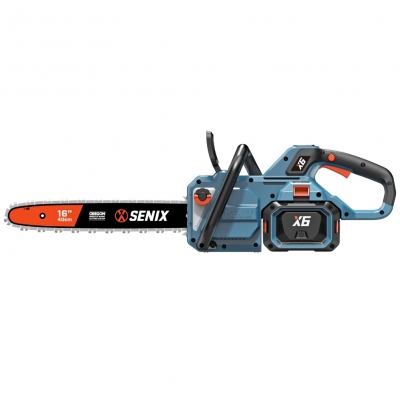
Extensive properties require equipment that can handle heavy workloads and extended usage. Riding lawn mowers or self-propelled mowers significantly reduce time and physical strain on large lawns. Gas-powered trimmers with higher engine displacement offer the power needed to tackle thick weeds and overgrowth. Additionally, backpack blowers and powerful chainsaws may be necessary for extensive leaf clearing and tree maintenance.
Additional Factors Beyond Yard Size
While yard size is the primary factor in choosing garden power tools, several other considerations influence the right choice:
Power Source: Battery tools offer convenience and quieter operation but may lack the endurance of gas-powered machines for large jobs. Electric corded tools provide continuous power but may restrict movement.
Ergonomics: Tools with comfortable grips and balanced weight reduce fatigue, especially important for frequent or long-duration use.
Maintenance: Gas tools generally require more upkeep, including fuel mixing and engine servicing, whereas electric tools need less maintenance.
Budget: High-end tools deliver superior performance but come at a premium. Balancing cost with needs and expected usage ensures better long-term satisfaction.
Conclusion
Choosing the right garden power tool tailored to your yard size can transform garden maintenance from a daunting task to a manageable and even enjoyable routine. Proper matching ensures efficient work, reduces physical strain, and ultimately helps keep your outdoor space beautiful and healthy. By carefully evaluating your yard's size, landscape, and personal preferences, you can select tools that suit your gardening lifestyle perfectly.


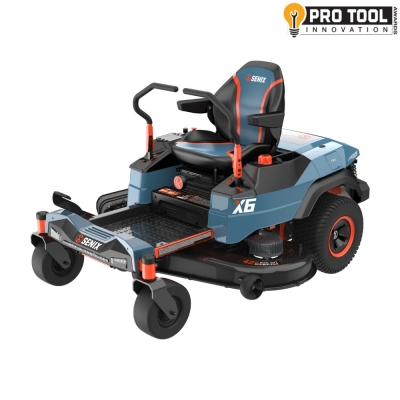
 (5.0)
(5.0)